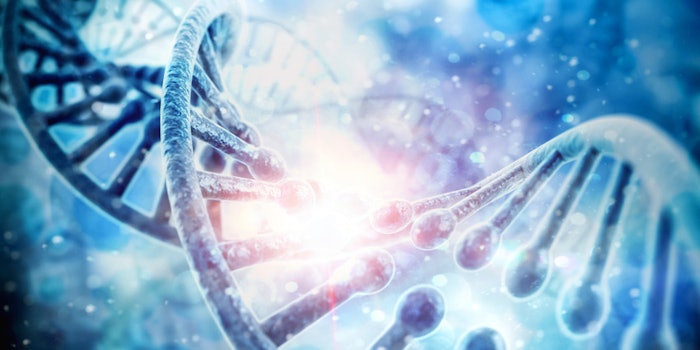
The skin care industry is beginning to boom with epigenetics, which is expected to introduce endless possibilities for new approaches against aging. Epigenetics relate to the various possible readings of the information stored in the DNA or genes, dependent on various environmental conditions. This can be related to how readers interpret text in a book based on their emotions and experiences.
Epigenetics control progenitor cells, located in the basal layer of the epidermis, which is one of the most active tissues in terms of regeneration with the ability of the stem cells from the basal layer dividing and renewing themselves. With age, this regenerative possibility and the overall function of epidermis are reduced, which result in the development of aging signs, such as appearance of wrinkles and loss of radiance.
Lipotec has recognized this aging process and developed a new peptide for reprogramming skin through epigenetics. PEPROAGETM peptide assists in leaving skin smoother, more radiant and visually rejuvenated. The peptide can be incorporated into any anti-aging formulation to help reduce skin regeneration taking place with age or in products designed to rejuvenate the skin.
The PEPROAGETM peptide may induce cellular reprogramming in the epidermal basal layer through the alternation of epigenetic elements, which can benefit reactivate basal cells and their regenerative abilities, leading to an improved appearance of mature skin.
The microRNA-145 is an epigenetic regulator, which contains the activity of the stem cell transcription factors, holding back the stemness properties of the basal cells. The PEPROAGETM peptide helps reduce the levels of microRNA-145 and increases the level of the stem cell factors connected to stemness, which improves skin properties.
Two in vivo tests were performed using 2% peptide solution twice daily for 56 days, showing a general improvement in skin complexion and more radiance with 1.5% increase in luminance. Additionally, the examinations showed for volunteers ages 50-55, skin was rejuvenated with epidermal self-renewal activity increased to the level of 17 years younger and up to 41.3% decrease in skin roughness.










